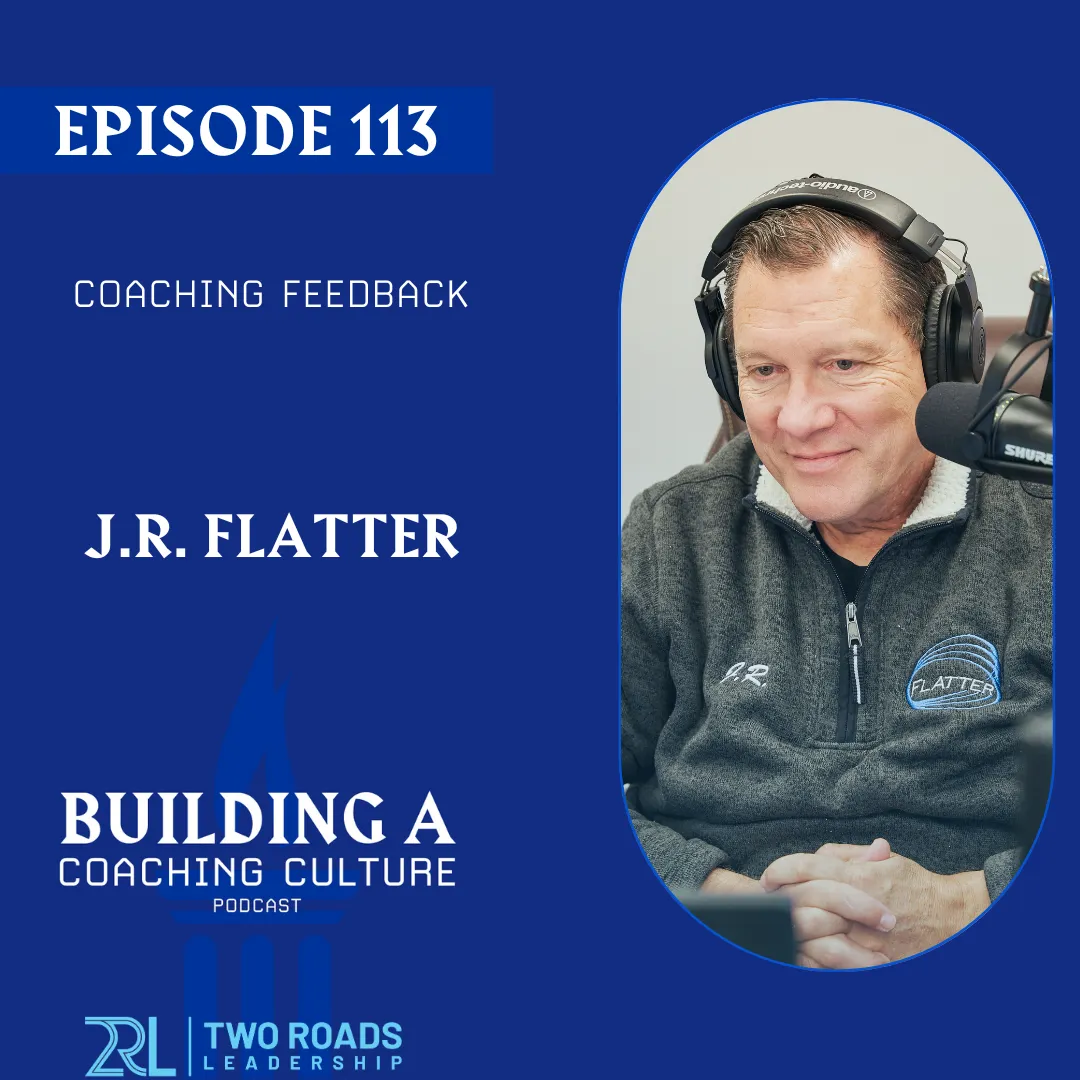J.R. and Lucas Flatter discuss topics related to coaching competencies, feedback, evaluations, and the requirements for becoming an International Coaching Federation (ICF) certified coach. They provide insights into the ICF accreditation process, mentor coaching, performance evaluations, and the markers used to assess coaching skills. Whether you're new to coaching or an experienced practitioner, this podcast offers valuable guidance on building a successful coaching culture.
Key topics covered include:
- Leadership development, coaching, and culture development insights.
- The importance of choosing a coach who is different from you.
- Coaching practices and feedback.
- Dynamics and challenges of coaching relationships.
- Certification apprehension and accreditation pathways.
Building a Coaching Culture is presented by Two Roads Leadership
Produced, edited, and published by Make More Media
Episode Links
J.R. Flatter
Founder of Two Roads Leadership
Lucas Flatter
Resources
2RL 4 day Coach Certification Bootcamp
2RL ICF-Approved Coach Certifications and Trainings
Transcript
Automatic Transcription - please excuse any errors

